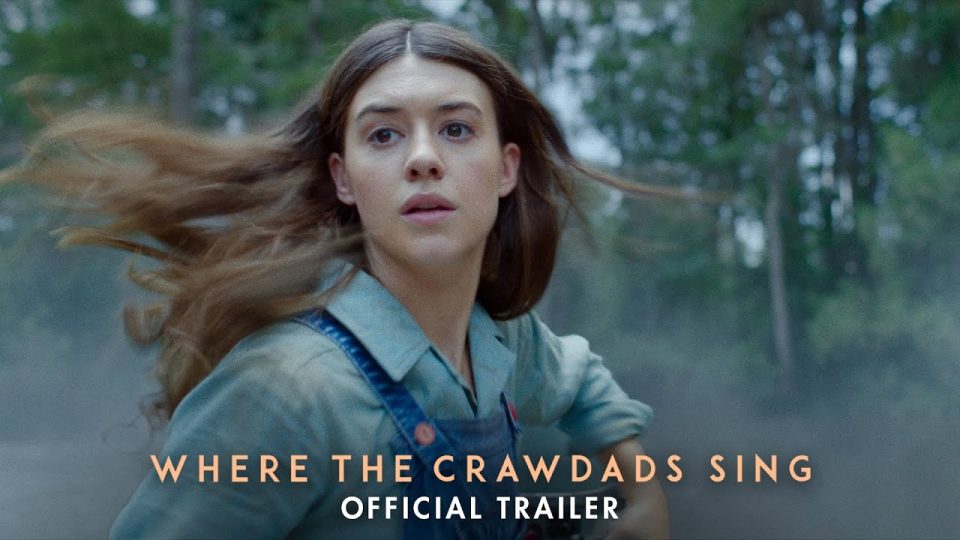Whale Sharks: Gentle Giants | Blue Realm | Free Documentary Nature

ABOUT MOVIE
Blue Realm – Episode 6: Whale Sharks
They’re not whales at all, but by far the largest fish in the sea. Yet at nearly 50 feet in length and weighing 20 tons or more, they eat only the smallest marine animals. They are not a threat to humans, but their numbers are dramatically shrinking. Like elephants slaughtered for their ivory tusks, whale sharks are relentlessly pursued by poachers. From Africa to Asia, they are targeted for their meat and immense fins.
Whale Sharks: Gentle Giants introduces us to this amazing creature through scientists who are racing against time to save the species. Utilizing space-age technology from NASA and the Hubble Telescope, researchers are able to identify, catalogue and track individual sharks. In Mexico and remote Western Australia, whale shark tourism has proven to be both a blessing and a curse, as more and more boats vie for fewer animals. The program also features the remarkable story of shark cowboys who captured and transported 4 live whale sharks (in customized jumbo jets) to the Georgia Aquarium in Atlanta.
intense narration introducing the whale shark
Thank you for this documentary.
Great share. Interesting to watch. Beautiful documentary. 👍
How can someone say that a pool with a lenght of 285 feet (87meters) is big enough so even an adult whaleshark is “able to comfortably swim all that time” and that they “give even an adult whaleshark plenty of room to swim without having to turn around and swimming in circles”?! According to wikipedia an adult whaleshark meassures 32ft (9.8m) so that means it’s not even 9 times it’s body lenght… not really convinced that this is enough for an animal that is migrating thousands of kilometers….
Aquariums are so upsetting to see. How barbaric. No sir!
Amazing! Thanks.
So, it is Dr. Taylor who started this tourism problem for whale sharks. I would say it is “economic” tourism, not ecological tourism.



















